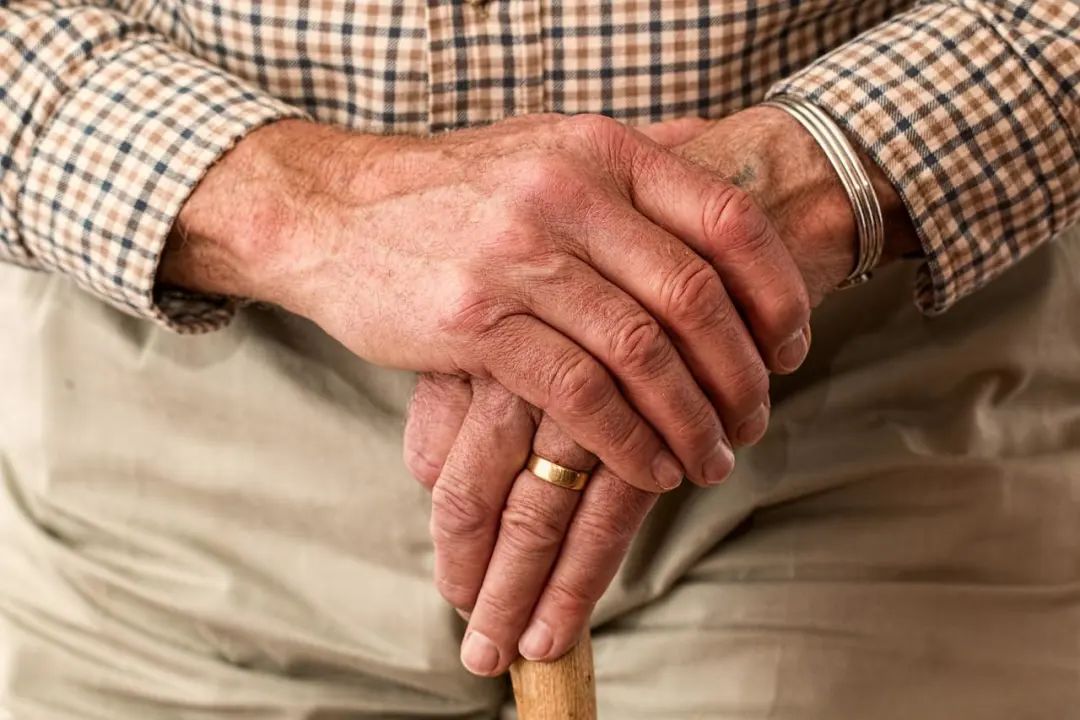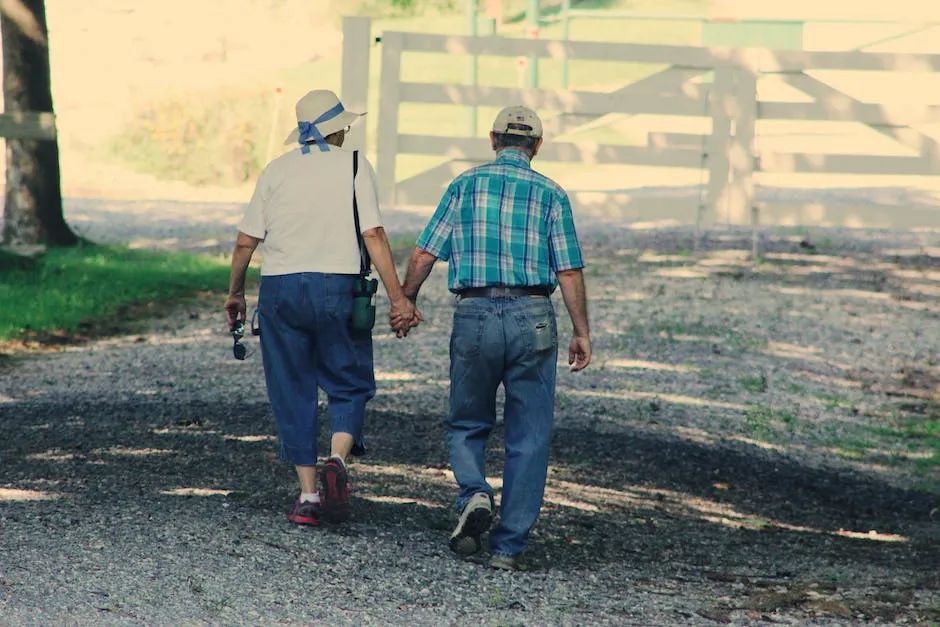Worth Learning from: Seven Experiences of Improving Pension Model Abroad
Entering the old age stage, many old people choose to go abroad for pension. What is the advantage of foreign pension model? We may learn the excellent model of foreign pension system from the following seven experiences.

Lesson one: Fully consider the full range of needs of the elderly
In summary, the needs of the elderly mainly include four aspects:
1. Economic provision, 2. Living care, 3. Medical care, 4. Spiritual comfort.
Due to the high income of western developed countries, relatively sound social security system and medical system, economic provision and medical care are no longer the main problems for the elderly, but life care and spiritual comfort have been the focus of attention, especially the spiritual comfort problem more and more attention.

In order to enrich the lives of the elderly and meet their emotional needs, western developed countries have adopted various measures to let the elderly return to society, such as encouraging them to re-find jobs, participate in various social organizations, participate in various public welfare activities, and let the elderly return to their families.
Experience two: Establish a phased, hierarchical and graded pension model system
The old people's health status, economic affordability, personal preferences and so on are different, the pension model will be different.
First of all,
From the point of view of age, the old people who have just retired are in very good health, and more choose family pension or home pension. Older people are more likely to seek help from institutions as they age, become less functional and become ill.
The second
In terms of economic endurance, some elderly people have good economic conditions and want to choose high-grade pension service forms or institutions to improve the quality of life, while most elderly people have average economic income and want to choose ordinary economic pension service forms or institutions, while low-income elderly people need the government to provide security.
Once again,
Self-care to complete inability to take care of themselves is divided into several levels. Each type and level of the elderly need pension service content will be different.
The last
From the perspective of personality differences, some old people like to relax and chat, some like to travel and collect, some want to continue to work to reflect their value, some like collective life, and some like to live alone.
Experience three: Implement the standardization and standardized management of elderly care services
Before moving into nursing homes, Western developed countries have graded the elderly. Activities of daily living (ADL) indicators are usually used.
The index consists of two parts:
One is the I-ADL index, which measures the ability to maintain the daily living environment and independently obtain the necessities of life, including shopping, public transportation, indoor cleaning and cooking.
The other is the P-ADL index, which measures the ability to dress, eat, bathe, go to the toilet and so on.
Elderly people at different levels provide different services, such as rehabilitation and nursing services for those who cannot care for themselves and basic daily care services for those who can care for themselves. The service items and standards are clearly defined, and the elderly can have no concerns once they move in.

Developed western countries have also introduced standards for home-based day care services. For example, the United States Rehabilitation Facilities Accreditation Board and the National Day Care Association jointly issued the standards for day care services, which clearly stipulated the content and standards of services.
Elderly care service is a high-risk industry, the elderly are easy to have accidents, so many investors or institutions do not dare to engage in this service for fear of risks.
Through the introduction of clear standards, on the one hand, the quality of pension services is guaranteed, on the other hand, the risk of pension institutions and personnel is avoided, and social forces are relieved of the worry of participating in pension services.
Lesson four: Home care is the current international trend
At first, when solving the problem of population aging, especially the problem of care for the elderly, most European and American countries adopted the way of centralized support for the elderly, namely the establishment of nursing homes and nursing homes. Although this way has perfect facilities and thoughtful care, with the continuous development of the aging population, institutional pension is not conducive to the communication between the elderly and their relatives, which is easy to cause the shortcomings of emotional loss. As a result, many countries have put forward the call to let the elderly return to the family.

However, this return to the family pension is different from the traditional family pension, but a combination of home and social services, that is usually called home pension.
Home care does not need to make the elderly out of the original living environment and social relations, but also convenient for children to take care of the elderly in their leisure time, the emotional needs of the elderly can be fully met.
At the same time, home care can fully integrate the use of family and community resources, so that the cost of old-age care is greatly reduced. The professional services provided by home care service institutions can also ensure the quality of life of the elderly.
At present, home care has become the main way of elderly care in Europe and the United States and other developed countries, Japan and other countries are also vigorously developing home care services.
Lesson five: Give full play to the government's guarantee and guidance role
In the process of improving the pension model, the government should play two roles:
The first is the role of security for the elderly in need. For the elderly living in difficulties, the government should take the initiative to assume responsibility and ensure the basic needs of the elderly. The old-age service of western developed countries started from the guarantee of old-age care for the lonely and disabled elderly. After years of development, although social forces have accounted for the main component of elderly care services, the government's security function for the elderly in need has been strengthened rather than weakened.
At present, the United Kingdom, the United States and other countries have built a large number of welfare homes for low-income, lonely and other poor elderly care. Government-funded care homes account for 17% of all care homes in England.
The second is the guiding effect of social endowment service. Pension is essentially a kind of social public affairs, should rely on the government to guide, into the scope of social management and public affairs management. From foreign experience, laws and service standards for the elderly need to be formulated by the government, service quality and service level need to be supervised by the government, supporting policies need to be issued by the government, the atmosphere of respecting and caring for the elderly in the whole society needs to be created by the government under the guidance of the people, and the rights and interests of the elderly also need to be protected and maintained by the government, especially the elderly service network needs to be established under the guidance of the government.
Lesson six: Mobilize the initiative of family and social forces
Elderly care is the common responsibility of the whole society. From foreign experience, the government, family and society all play an important role. Due to a growing sense of independence and the fading concept of family care, many elderly people no longer live with their children. However, with the deepening of people's understanding of the emotional needs of the elderly, the role of family has begun to attract more attention in the West. For example, some countries have explored giving certain subsidies to family members who cannot work because of caring for the elderly or providing flexible working opportunities.

The private sector also plays a very important role in elderly care services in Western countries. In Britain, the private sector runs about 60% of the total number of care homes for the elderly, and a large number of private companies are engaged in community day care services.
In addition, the community has a large number of volunteers, including charities and individuals. In 2001, there were 5.9 million voluntary carers in the UK, most of whom belonged to community voluntary organisations. Voluntary service has formed many forms, such as mutual support for the elderly, savings for the elderly and so on.
Lesson Seven: Pay attention to information construction
The development of modern information technology has brought hope for strengthening the care of the elderly and improving the quality of care services. For example, the emergency home assistance system being promoted in the United States is a good application. The system consists of an Internet-connected computer, television interface, telephone and an array of sensors. These sensors are carefully placed in key areas of the elderly's activity, such as the bathroom, kitchen, entrance and bedroom, to monitor the home and record their behaviour.

The system alerts family members if the home has been quiet for a while or if the door sensors remain off for a certain amount of time. Through the TV interface, family members can observe the elderly's condition and send messages to the elderly. The system allows the elderly to communicate with their families even though they live thousands of miles apart.






